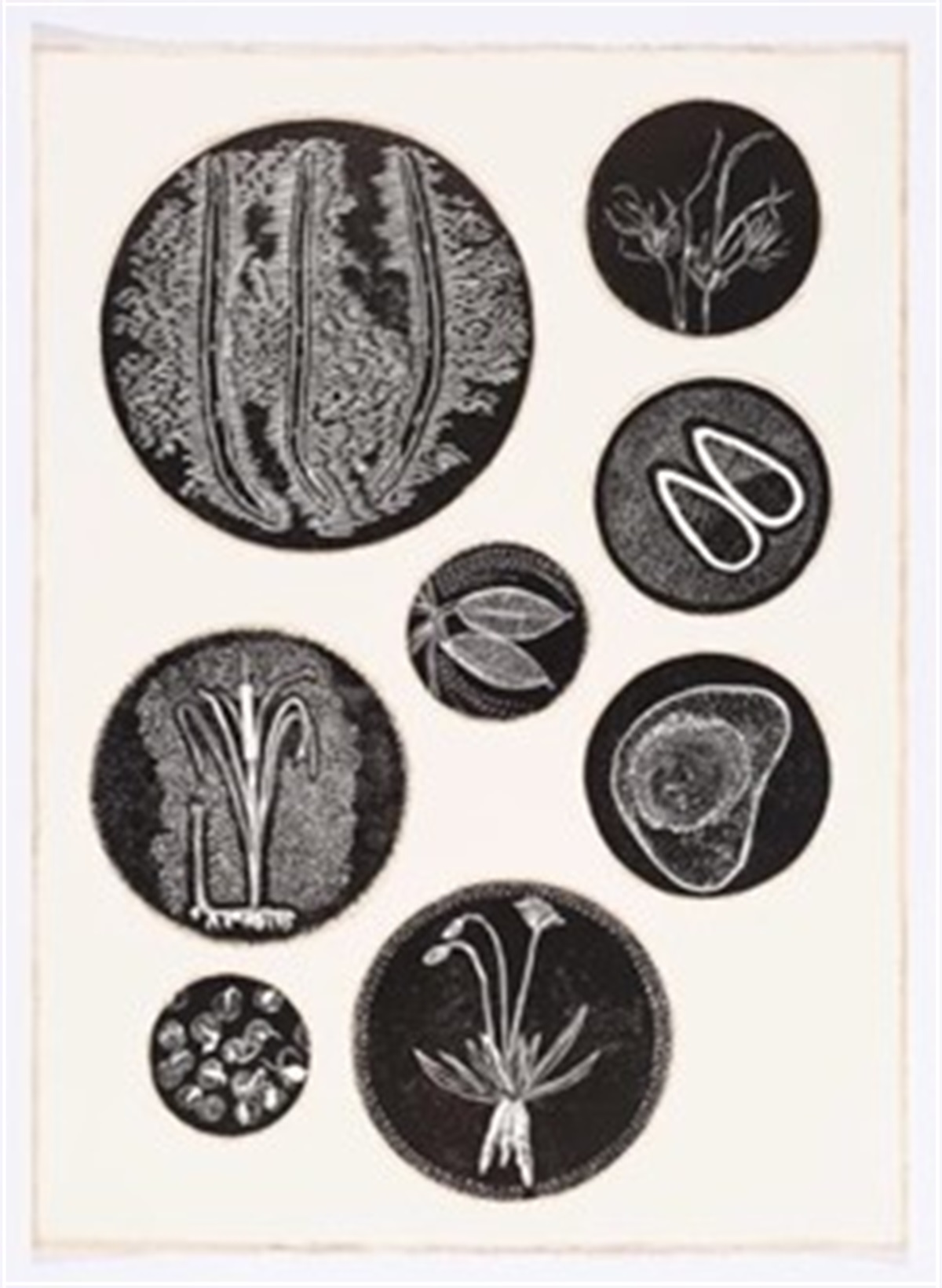Agriculture Victoria is urging bird owners to help prevent emergency animal diseases through the routine use of biosecurity measures at home, sales, bird shows and race events.
Victoria’s Chief Veterinary Officer Dr Graeme Cooke said poultry farmers, and bird and backyard chook owners need to be vigilant for disease in their birds, such as avian influenza.
“Signs of avian influenza include breathing difficulties such as coughing, sneezing, or rasping, while ruffled feathers, dopiness, diarrhoea and closed eyes can also be evident.
“Other signs include swelling and purple discolouration of the head, comb, wattles and neck, and a rapid drop in eating, drinking and egg production.”
Dr Cooke said infected birds shed avian influenza in saliva, nasal secretions and faeces.
“Wild birds including waterfowl are a natural host for the virus and don’t usually show any symptoms. They need to be kept away from domestic birds, their food and water.
“Domestic poultry, chickens, ducks, geese, turkeys, guinea fowl, quail, pheasants, emus and ostriches are most susceptible to being affected by avian influenza.”
Dr Cooke said an on-farm biosecurity plan is the best management tool poultry farmers can use to reduce the risk of introducing infectious diseases.
“Other actions include maintaining a high level of hygiene, rodent control around poultry sheds and feed-bins, and avoiding contact with non-commercial poultry and wild birds.
“New birds should be quarantined prior to being integrated into existing commercial or backyard flocks. Disease transmission should be minimised between poultry farms by cleaning vehicles, equipment and clothing after visiting another farm.”
Poultry farmers and bird owners with backyard flocks are urged to report cases of unexplained sudden increase in bird deaths or a sudden drop in egg production to the 24-hour Emergency Animal Disease Watch Hotline on 1800 675 888, to your local vet or to Agriculture Victoria.
Dr Cooke also reminded all livestock owners, including those with poultry, of the need to have a Property Identification Code (PIC), which allows Agriculture Victoria to trace and control disease outbreaks.
“Getting a PIC is free and easily done online via the Agriculture Victoria website,” Dr Cooke said.
A full list of biosecurity measures for poultry producers is available on the Agriculture Victoria website.







